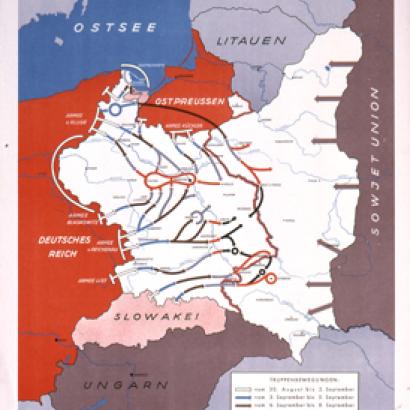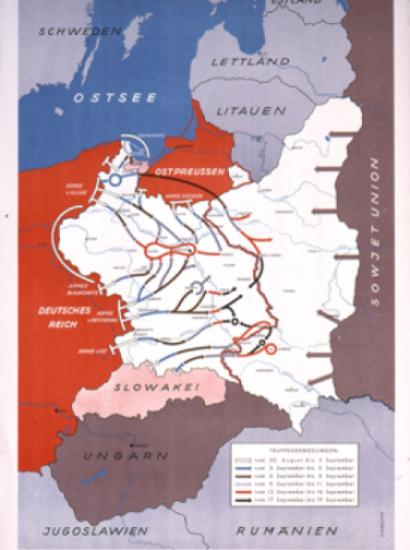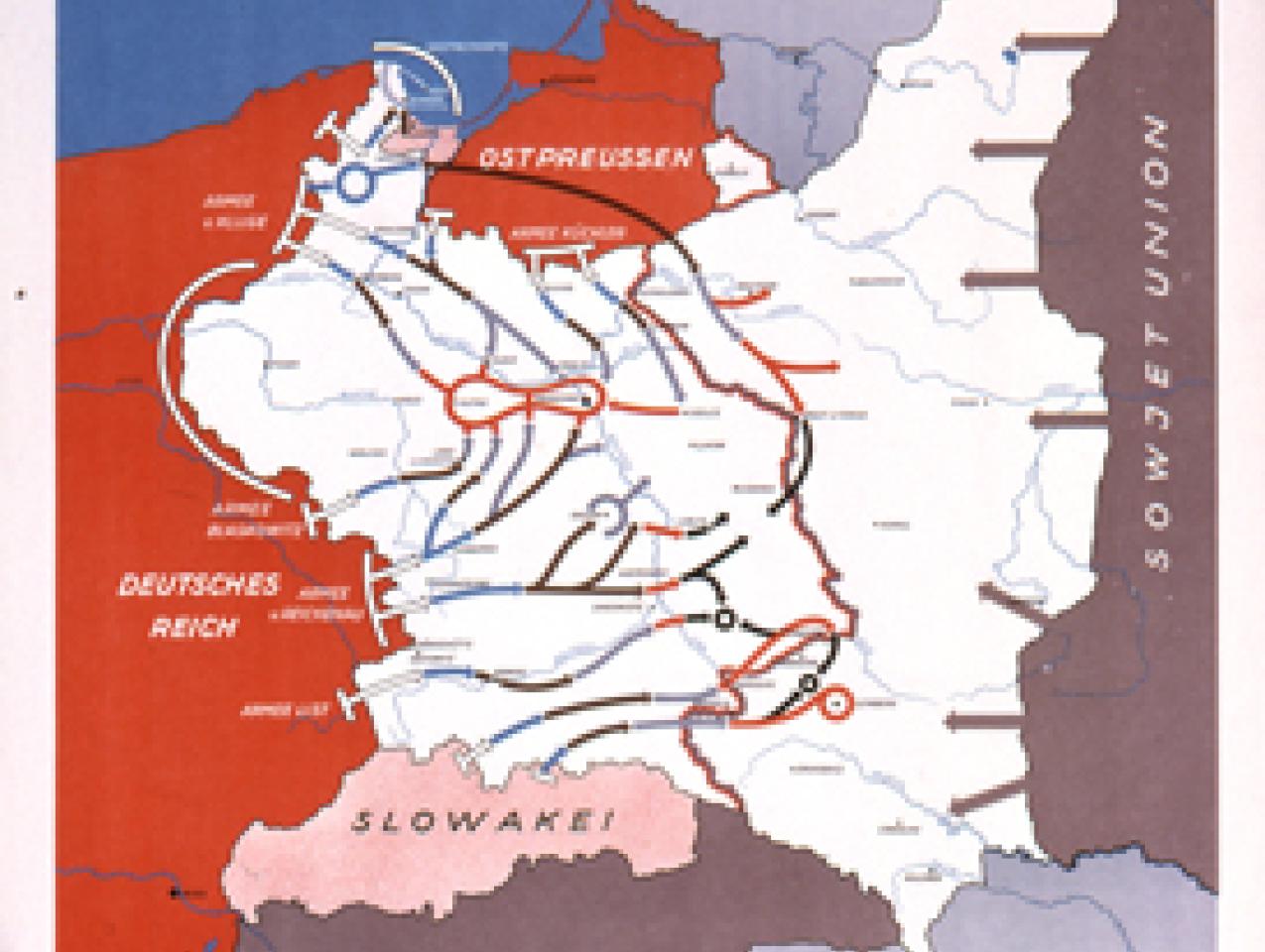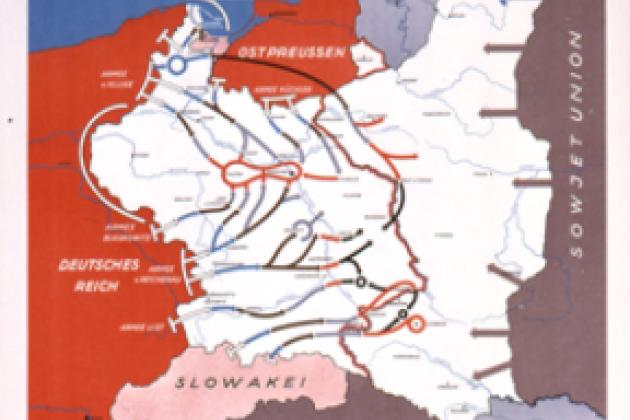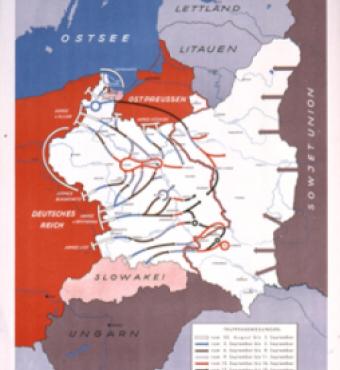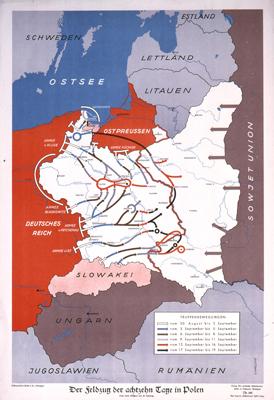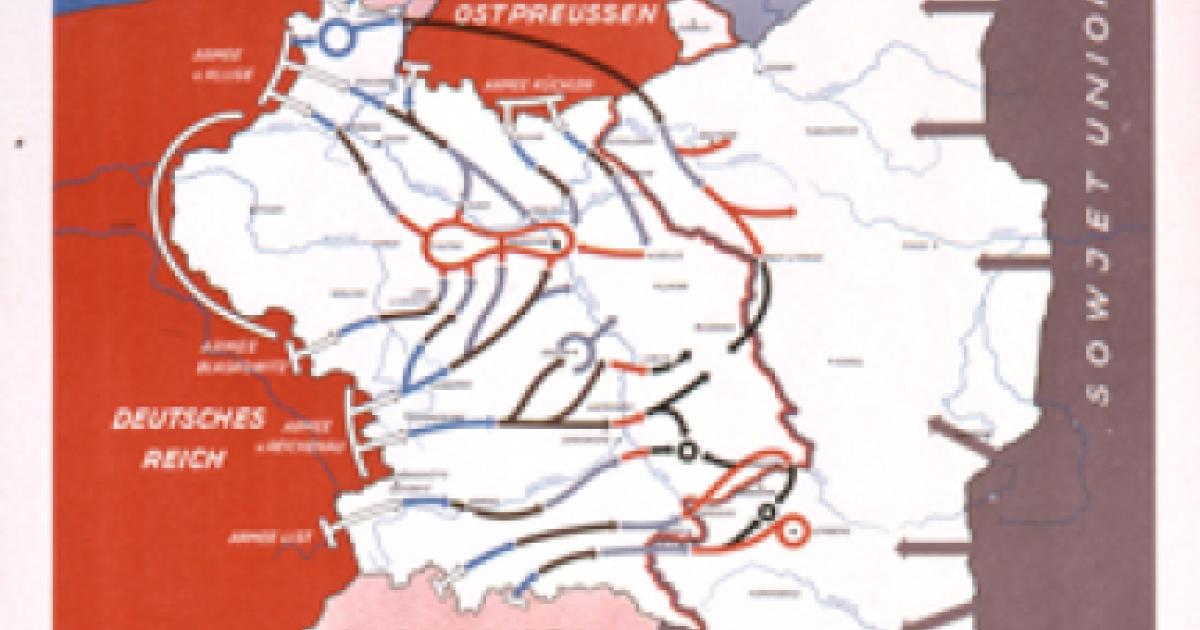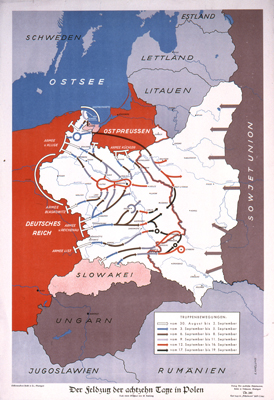
Lt. Gen. Ben Hodges, commander of U.S. Army Europe, informed the press last week that Russia is intensifying its military activities in the Suwalki Gap, a sixty-mile stretch of terrain in northern Poland. Putin has put his most advanced anti-aircraft and anti-ship missiles into the nearby Russian enclave of Kaliningrad, and has built a new airbase in Belarus. Most alarmingly, the Russian military has begun conducting unannounced military exercises nearby.
Hodges warned that a Russian move into the gap would cut off the Baltic states, the conquest of which appear to have been on Putin’s mind for some time. It would also force NATO nations to decide whether to go to war with Russia. Were they to go to war as stipulated by NATO Article Five, Europe would be engulfed in a large conventional war, potentially escalating to nuclear war. Were the NATO countries to refuse to assist their allies, NATO would become a dead letter and Russia would regain hegemony in eastern Europe.
Hodges said he did not believe that Russia would invade the Suwalki Gap, but added that Putin’s gambits in the Crimea and Syria had earned him a reputation for unpredictability. Another report in the press, based on conversations with top U.S. military officers, notes that since 2014, U.S. military planners have been operating under the assumption that Putin’s behavior cannot be predicted.
Unpredictability has long been a key asset for world leaders in times of peril. Presidents Eisenhower and Nixon used provocative actions and sharp rhetoric to keep America’s adversaries guessing as to whether they might do something truly extreme. Both were more effective at keeping the nation’s adversaries at bay than Presidents who were at pains to tell the world that the United States would avoid provocative actions, such as Lyndon Johnson and Jimmy Carter. The latter convinced their adversaries that they would be predictably cautious, and their adversaries took advantage of the fact.
The Obama administration has avoided the permanent stationing of U.S. forces in the Baltic states in the interest of avoiding provocation. By trying too hard to avoid provoking unpredictable aggressors, Obama invites further aggression, much as Britain and France did when they attempted to buy peace at Munich in 1938. Given the unpredictability of Putin’s intentions, the United States and its NATO allies would be well served to prepare for the worst-case scenario, in which Putin intends to invade Poland and the Baltic states. Putting U.S. forces into the Baltic states and bolstering the defenses of Poland will convey resolve and show Putin that Western inaction can no longer be taken for granted.







